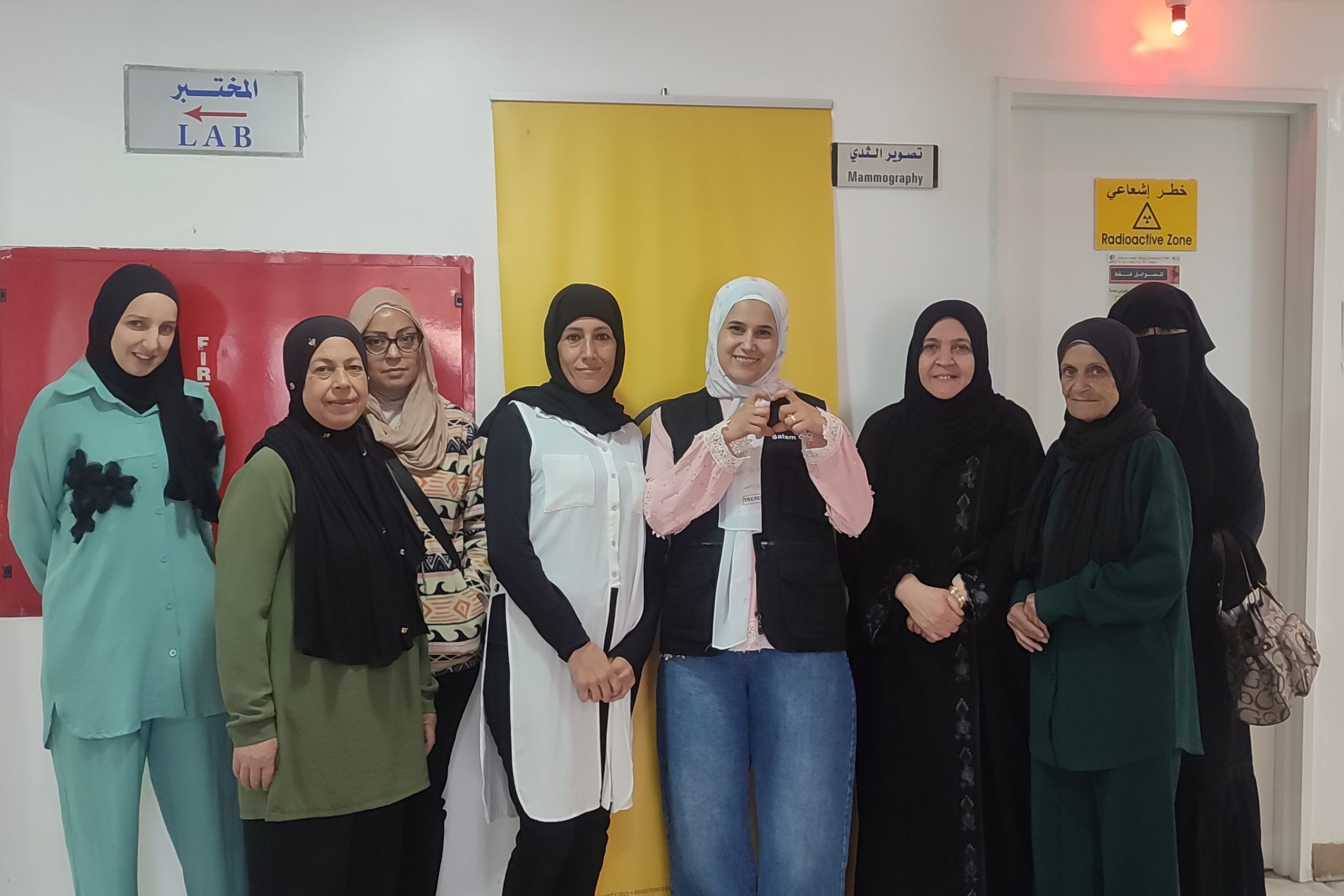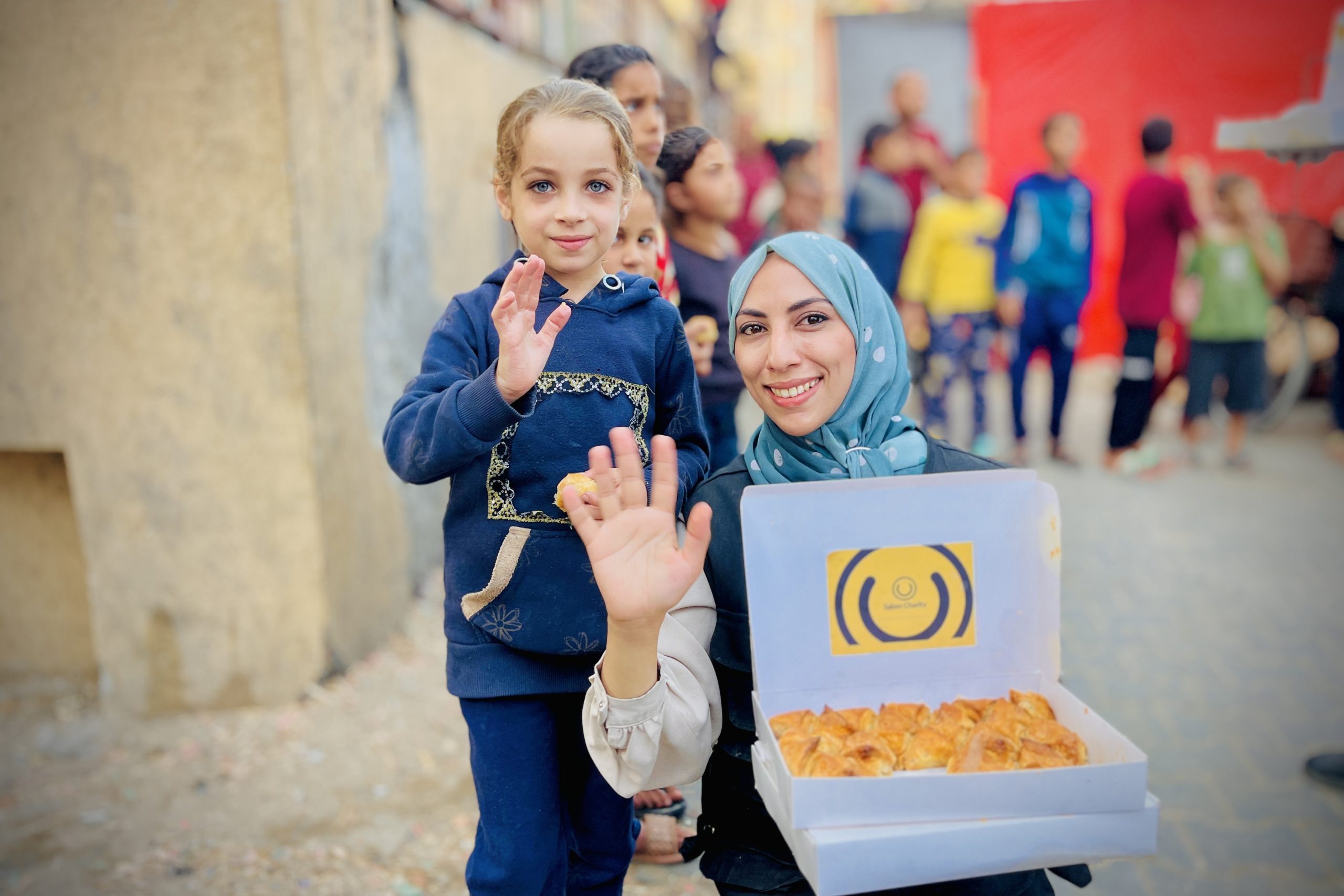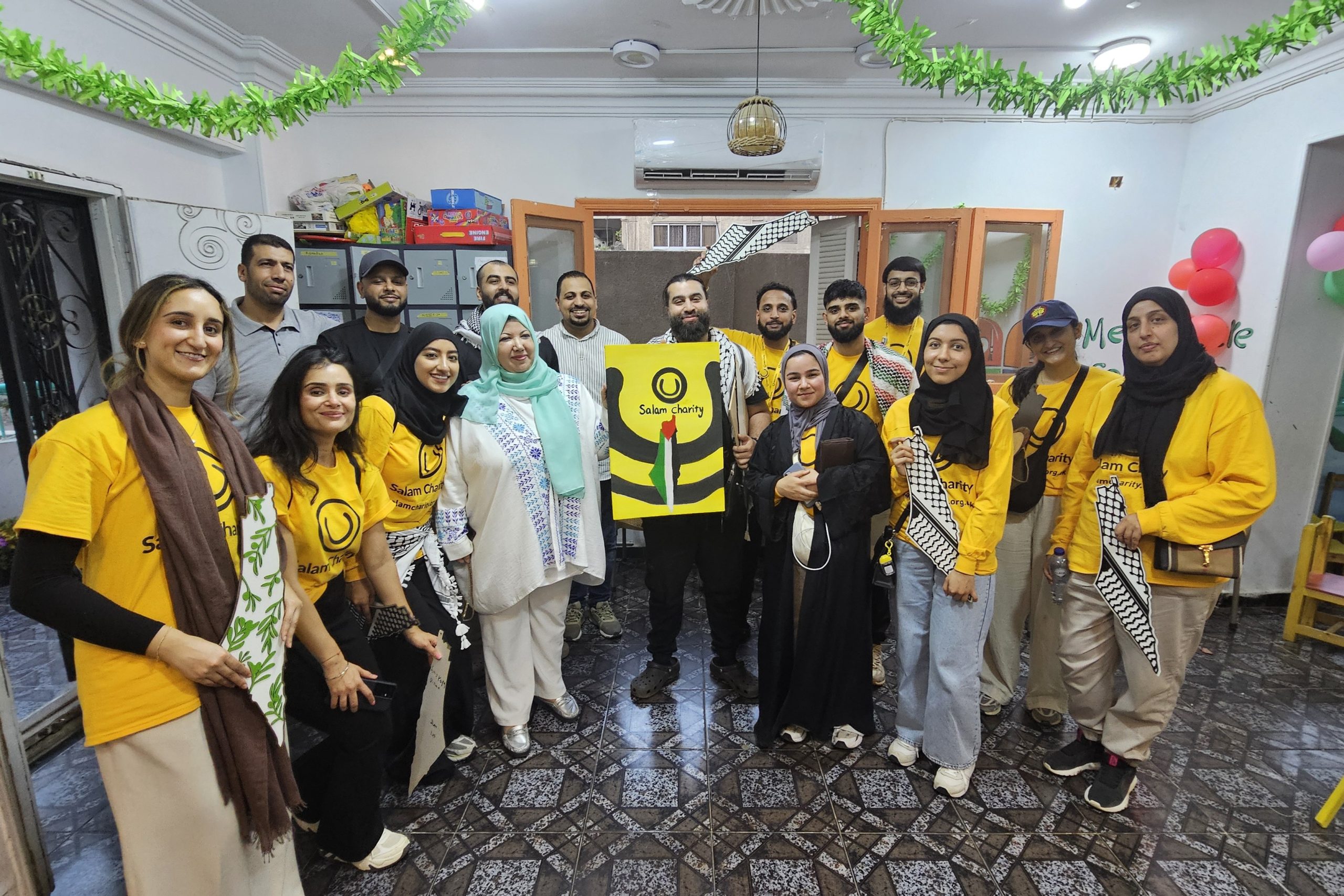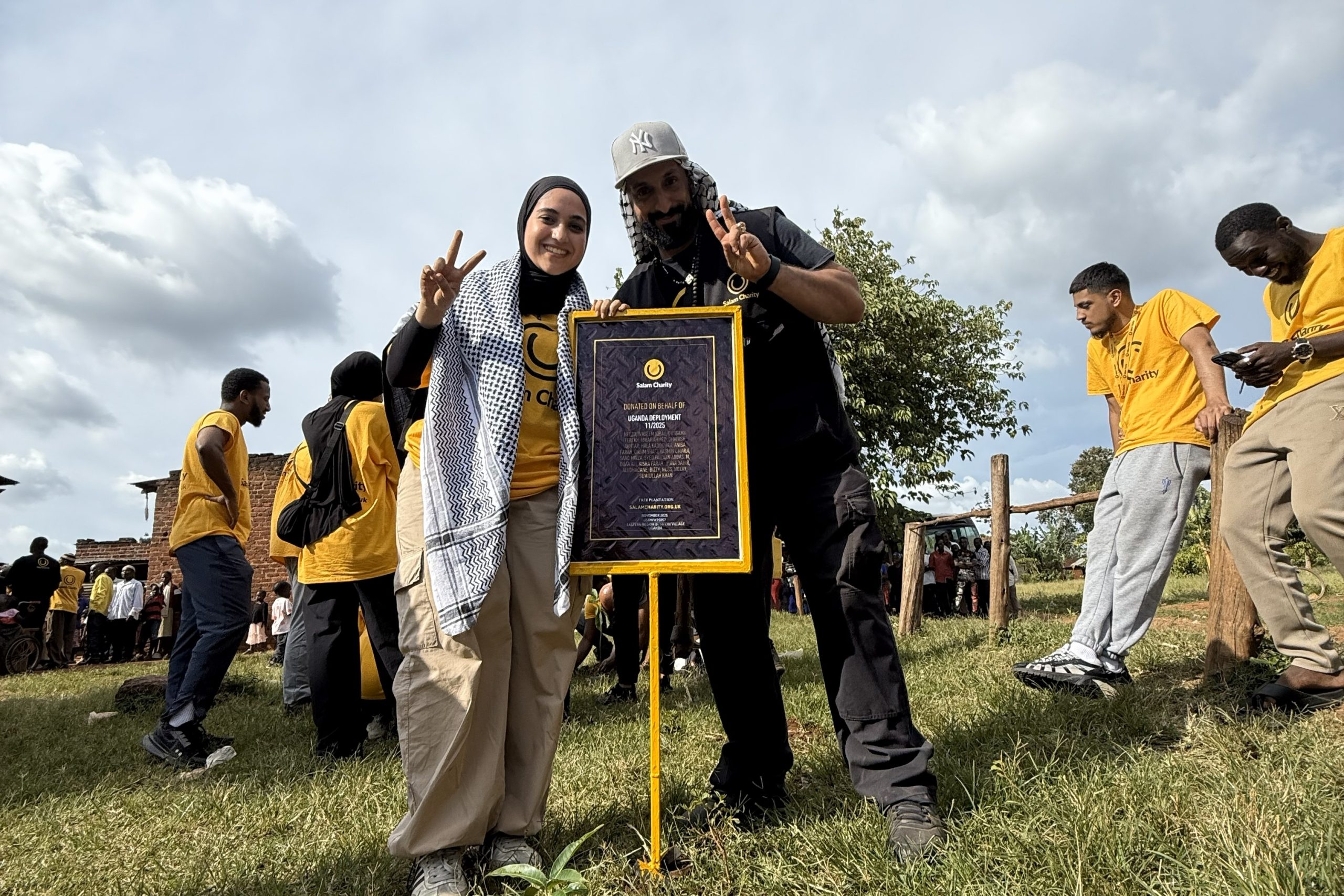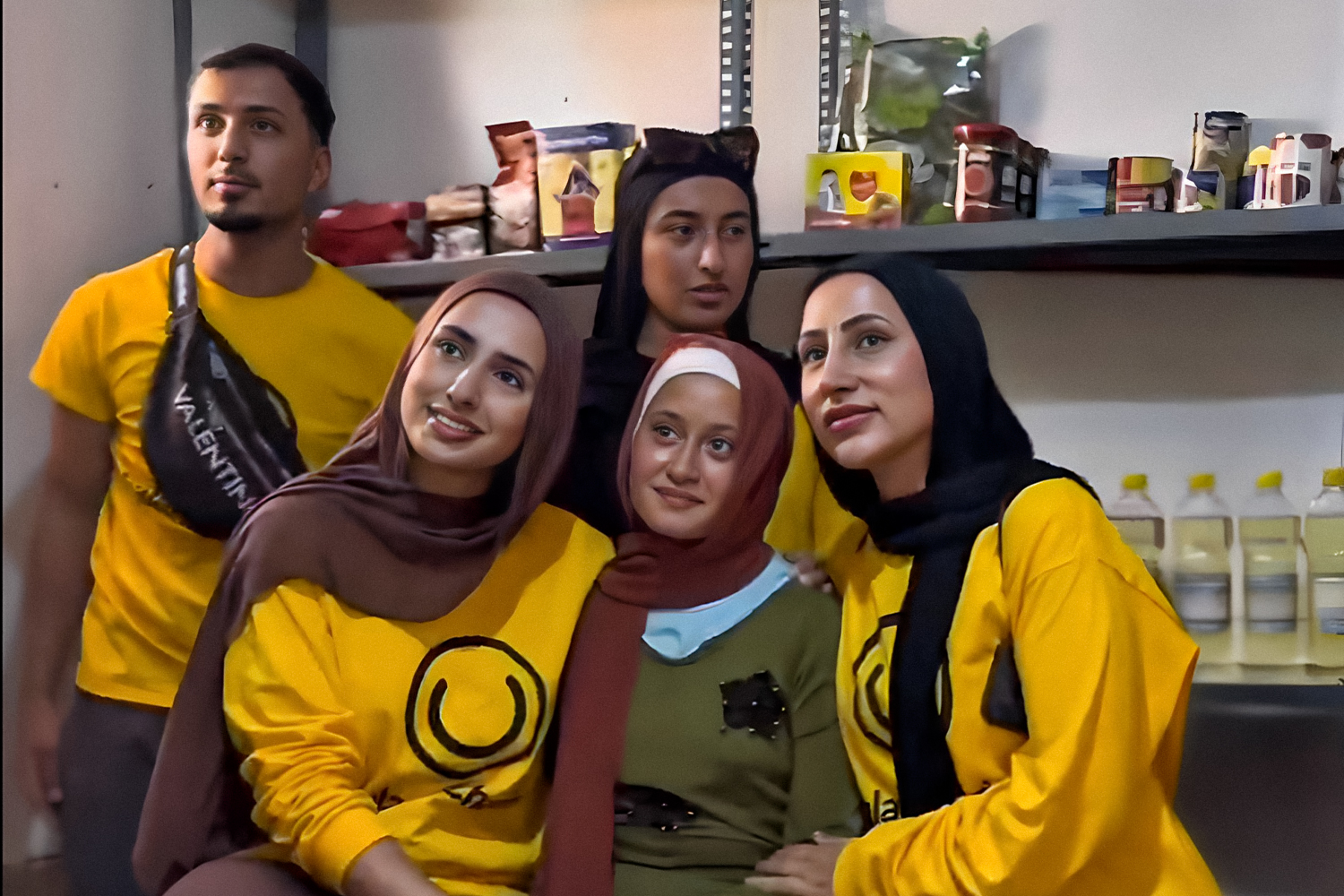BLOG
Authors
Most recent
Your questions about zakat
By : Nimat Uddin, on October 28, 2025
What is Zakat?
How should it be calculated, who’s exempt, and where should you pay Zakat? This guide answers all your questions about Zakat.
Which pillar of Islam is Zakat?
Zakat is the third pillar of Islam. It’s one of five pillars of our faith.
What’s the difference between Zakat and Sadaqah?
Sadaqah is a form of charitable giving, but it’s not compulsory. Zakat is the form of almsgiving which is compulsory for adult Muslims who meet the criteria.
For whom is Zakat obligatory?
It’s obligatory (farz) for Muslims who meet the three conditions for giving Zakat: They must be adult (18+), they must be of sound mind (sane), and they must have wealth which meets the threshold (nisab). More about that below.
What is Zakat?
“Indeed, those who believe and do righteous deeds and establish prayer and give zakah will have their reward with their Lord.” (Quran 2:277)
One of the five pillars of Islam, Zakat is the act of purifying almsgiving (giving to charitable causes). Every year, practising Muslims donate 2.5% of their wealth to people who are in need, according to categories specified in the Quran.
In Arabic, ‘Zakat’ or ‘Zakah’ is the word for purifying or cleansing. This reflects the true purpose of Zakat: while benefiting the recipients, it also benefits the giver in spiritual form.
Why is Zakat important in Islam?
“And He it is who causes gardens to grow, […] and palm trees and crops of different food and olives and pomegranates. Eat of its fruit when it yields and give its due [zakah] on the day of its harvest.” (Quran 6:141)
The Quran reminds us that all our belongings, nourishment, and successes are divine gifts from Allah (SWT). We are obliged to share these blessings in order to help people who are in need.
We believe that the act of giving brings spiritual rewards to the giver:
- Zakat reminds us that no possessions are truly ours.
- It helps us to understand that wealth is not earned but given, and all that we have is due to Allah’s (SWT) generosity.
- Zakat humbles us and gives us freedom from greed, materialism and overconsumption.
- Giving to the less fortunate increases our humility, our compassion, and love for others.
What are the requirements for giving Zakat?
Once you meet the three conditions (a Muslim adult, of sound mind, with wealth exceeding the threshold), you should donate 2.5% of your wealth’s market value every year.
Note that anything you have inherited, earned or been given is only Zakat-eligible once you’ve owned it for a full lunar year.
You must give Zakat to one of the eight categories specified in the Quran:
“Zakah expenditures are only for the poor and for the needy and for those employed to collect [zakah] and for bringing hearts together [for Islam] and for freeing captives [or slaves] and for those in debt and for the cause of Allah and for the [stranded] traveller – an obligation [imposed] by Allah. And Allah is knowing and wise.” (Quran 9:60)
In list format, those categories are:
- The poor
- The needy
- Administrators (charity staff)
- Winning hearts (advocacy for Islam)
- Captives or slaves
- People in debt
- For the cause of Allah (eg sharing Islamic values or building community)
- Travellers or refugees
What is the Nisab?
The Nisab (wealth threshold) is given in the Quran as the market value of 87.48 grams of gold or 612.36 grams of silver. You can work out what that’s worth in your currency at the National Zakat Foundation. We would usually use the lower value as the threshold.
Do kids give Zakat?
This depends on which Islamic school you follow. The Hanafi school is the only one which says children are excluded from Zakat. If you follow the Shafi’i, Maliki, or Hanbali schools, you can pay Zakat on your child’s behalf (once they have wealth exceeding the Nisab).
Who can Zakat be given to?
Zakat should be given to people in one of the eight categories specified in the Quran: the poor, needy, stranded travellers (eg refugees), captives or slaves, people in debt. There are three community categories: administration, advocacy, and the work of Allah.
This is quite difficult to do in practice, so most people choose to donate their Zakat to a charity like Salam Charity. If you select ‘Zakat’ as your cause when you donate, we will ensure that the funds are distributed to the right projects.
In 2025, that includes our distributions of food and water, medical supplies, shelter (such as rebuilding homes), and health treatments for people living below the poverty line. We are very careful to use Zakat donations strictly for their intended purposes.
Can Zakat be given to non-Muslims?
Most Islamic scholars advise that Zakat should be shared among Muslims only. The Quran includes a category for non-Muslims: “those whose hearts are to be reconciled” – it’s generally agreed that this relates to advocacy (sharing the values of Islam).
Can I give Zakat to my husband who is in debt?
You may give Zakat to anyone who you don’t financially support, providing they come under one of the categories above.
Most Islamic schools state that a wife is not financially responsible for her husband (she doesn’t have to support him). This means that a wife can give Zakat to her husband if he is in debt. The Hanafi school is the exception, stating that nobody can give Zakat to anyone in their immediate family.
Can Zakat be given to relatives or siblings?
See above – you’re allowed to give Zakat to anyone who isn’t financially dependent on you (assuming that they’re in need, in debt, or stranded).
❎You CAN’T give Zakat to your children or wife (and in some cases, your husband), even if they fit one of the categories.
✅You CAN give Zakat to non-dependent relatives like siblings, cousins, aunts or uncles and in-laws.
Can Zakat money be used for Qurbani?
No, it shouldn’t be used to pay for Qurbani (an animal sacrifice made during Dhul Hijjah). Qurbani is recommended or required from adult Muslims who meet the wealth threshold (Nisab). But it’s a separate act of worship and should not be paid using Zakat funds.
How to calculate Zakat in the UK
1: Assign a monetary value to each asset (including property, silver and gold), using market rates for gold and silver (or market values for property).
2: Next, you’ll need to add up the total value of your savings and assets. Zakat is due on savings, investment funds, and pension funds.
3: Now take 2.5% of your total – that’s how much Zakat you should give.
Is Zakat 2.5% of your savings?
Yes. You should also include valuable jewellery, gold, silver, and investment or pension funds in your total before calculating the 2.5%.
Does UK tax count as Zakat?
No, because your tax payment is not reserved for the vulnerable and needy. Tax money is distributed across a number of services and is a legal, not spiritual, obligation.
Can you give more than 2.5% for Zakat?
Of course. If (for example) you wish to sponsor a family, or fund an Iftar, with your Zakat payment, and that costs a little bit more than you need to pay, your additional donation will please Allah (SWT).
But it’s important to know that you can’t overpay to reduce your Zakat payments in the next year. Your extra donation becomes Sadaqah, another blessed form of giving.
How much Zakat is on £10,000?
Zakat is calculated at 2.5%.
1% of £10,000 = £100.
2.5% of £10,000 = £250.
Do I pay Zakat on my salary or savings?
Zakat is due on savings, not your salary (most of which will be used on living expenses). It should be paid on savings which (a) reach the Nisab and (b) have been held for one year or more.
What Zakat do I have to pay in Ramadan?
You have to pay Zakat when you’ve had savings (or assets) above the Nisab for a year. That could be any date. Some Muslims like to pay Zakat during Ramadan when blessings are increased. This could be an option for you if your Zakat date falls after Ramadan and you want to pay early.
Can Zakat be given without telling?
Of course. Your Zakat payment is between you and Allah (SWT). Private giving is a humble way to donate your Zakat payment.
Which month and where do I pay Zakat?
You should make your Zakat payment on the anniversary of the date when your wealth exceeded the Nisab (threshold). This is different for everyone. It’s an annual payment.
You can pay Zakat to any charity accepting Zakat donations – see below.
Where can Zakat be given?
Salam Charity distributes Zakat donations, ensuring that the funds are used strictly as specified in the Quran.
It’s important to pick a charity that you trust to spend your Zakat in the correct way.
Where does Zakat money go?
At Salam Charity, Zakat payments are used to provide for the poor or needy, paying for food or family sponsorships which lift people out of day-to-day poverty.
Can I give Zakat to Palestine or Gaza?
Millions of people in Gaza are at risk of starvation and eligible for Zakat assistance. We are currently sending a lot of aid to Gaza, and your Zakat payment may be used to buy food or medical supplies that will be distributed there.
Entrust your Zakat to Salam Charity
Previous post
Next post






















